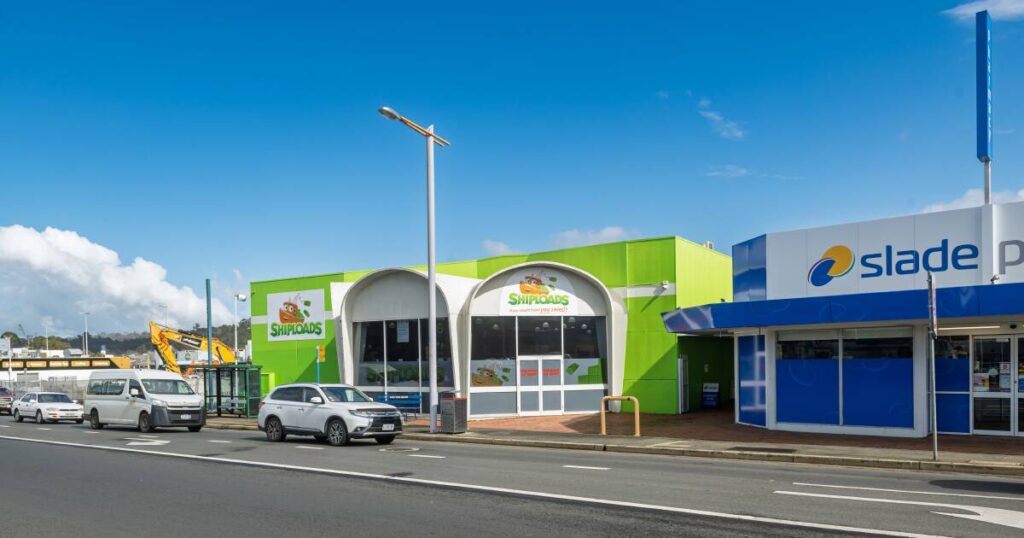
A woman has received a ban from a dozen retailers in Launceston following a series of thefts throughout 2024. Nikola Anne Marriott faced a magistrate’s court where Sharon Cure imposed the ban as part of her sentencing for multiple offences involving theft and violence. The case comprised 23 matters, resulting in 35 individual charges, including numerous incidents of shoplifting from supermarkets, bottle shops, and variety stores.
Among the notable thefts, Marriott was caught stealing items valued at $400.80 and $692.31 from Woolworths at Prospect Vale using the self-checkout. Some incidents escalated into violence, such as an altercation at the Black Stallion Hotel, where she threw cans of alcohol at an employee attempting to intervene. Another incident at Target involved a “tussle” over a trolley filled with goods worth $1,443.75. This led to a charge of theft using force, which Mrs. Cure deemed “disgraceful.”
The total estimated value of goods stolen by Marriott exceeded $4,759.11 and included a range of products, from groceries to cosmetics. Compensation orders were made in favour of the affected retailers.
Legal Consequences and Background
In addition to her shoplifting charges, Marriott pleaded guilty to other offences, including failing to wear a helmet on a personal mobility device, drug possession, and drug-driving. During the sentencing hearing on September 29, 2024, Mrs. Cure expressed concern regarding Marriott’s behaviour, stating it was “really quite concerning.” She emphasised the need for the court to impose punishment on shoplifters to deter similar actions in the future.
Mrs. Cure described Marriott’s actions as “brazenness” and warned, “You will go to jail if you continue going to stores and walk out stealing things.” The court previously heard that Marriott had been grappling with a methamphetamine addiction, which she attributed to being introduced to the drug by her former partner.
As part of her sentence, Marriott received a 12-month community correction order, requiring her to attend supervision appointments with a probation officer. Additionally, she was disqualified from driving for three months due to the drug-driving charge.
As Launceston retailers grapple with the impact of theft, this case highlights the broader issue of shoplifting and its repercussions on local businesses and communities. The court’s decision reflects a commitment to addressing such criminal behaviour and ensuring accountability among offenders.







